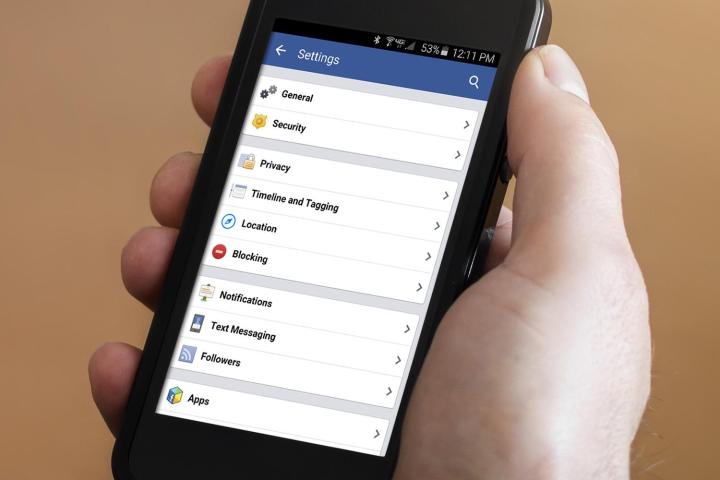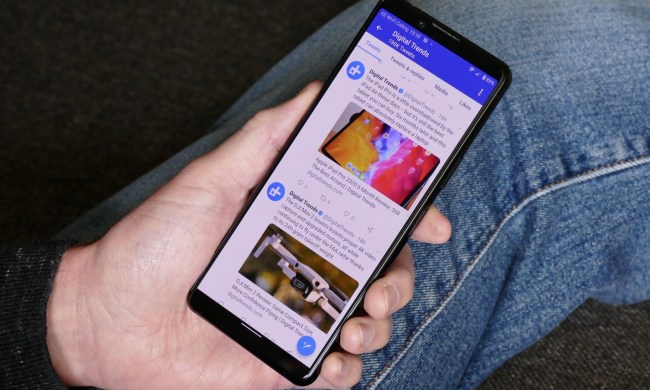
In conducting their research, Dr. Heather Cleland Woods and Holly Scott asked 467 students between the ages of 11 and 17 questions about both their psychological well-being and their social media habits. “How many hours do you use social media on a typical day?” and “How long do you use social media after the time you intended to fall asleep?” were both typical inquiries made of study participants, and they were also asked to describe their own perception of their self-esteem, anxiety, depression, and quality of sleep.
Rather unsurprisingly, the team at the University of Glasgow found that teens who were extremely active and also emotionally invested in their digital lives reported worse sleep quality, lower self-esteem, and higher instances of anxiety and depression when compared to their peers who cared less (or at least, spent less time) on social media sites like Twitter, Facebook, Tumblr, Instagram, Pinterest, and YouTube. In particular, teens who spend more time on these sites in the evening were observed to be particularly susceptible to their negative effects.
“While overall social media use impacts on sleep quality, those who log on at night appear to be particularly affected,” Woods noted. “This may be mostly true of individuals who are highly emotionally invested. This means we have to think about how our kids use social media, in relation to time for switching off.” With adolescence already serving as an especially vulnerable time for depression and anxiety, Woods and others have warned that it is crucial to better understand how young people are interacting with social media.
The team has proposed, as a potential solution to the observed levels of anxiety, a “digital sunset,” that would automatically disable smartphones, tablets, and other electronic devices later in the evening. This, Woods says, may help somewhat in improving quality of sleep.
Naturally, more research is needed before any definitive conclusions are reached regarding the relationship between social media and anxiety and depression. But still, it’s becoming increasingly clear that there is a slightly more insidious side to being consistently connected, and it’s worth at least a bit of concern.

